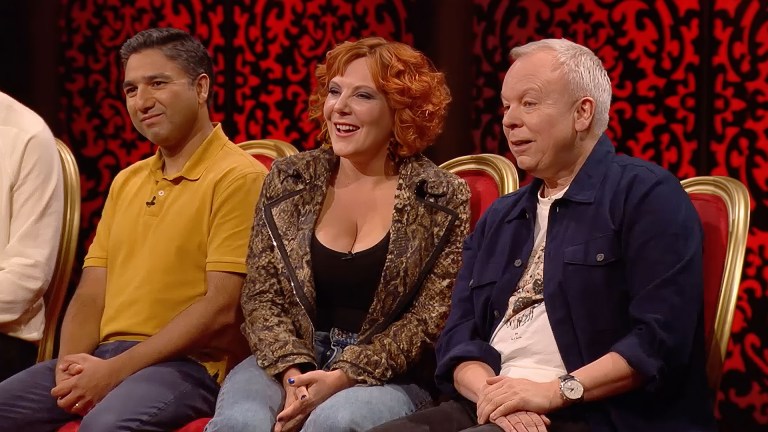Last Tuesday I packed my bag for Wales. I was excited. I was excited because I like Cardiff and I like sensible conferences.
And the Welsh Assembly conference I was going to was about prevention, inclusion and future generations’ wellbeing, organised by Big Issue Cymru and that particularly admirable group, the Bevan Foundation, created to continue the work of that titan of social justice, Nye Bevan. Yes, he of the NHS, and the deeply fiery commitment to ridding the world of poverty and illness.
Sometimes I buy a book because I like the idea of it. I liked the idea of one book by a particular Bulgarian-French philosopher who wrote one called In Defence of the Enlightenment. It was a finely made hardback, and as a former book printer, I fell in love with the look of it. The publisher had done a grand job of whetting my appetite. I bought it straight away.
I thought of how often in the UK, and across the world, media lynching is often ahead of a fuller investigation
Unfortunately, I tried reading it but it was too lacking, in my estimation, of solid concepts. It was too vague, as is most French philosophy and thinking, I find. In fact, a vast number of those who attempt to explain philosophy seem to use woolly words and vague ideas, that have no heart, no body. As a person who still struggles with meaning in books about philosophy, I initially thought that this was more of the same.
But I had a few minutes before my first train to Cardiff, and I pulled the elegant book down from the shelf, and it flopped open. And there I read something that struck me as brilliant. I’ve removed a few words that are particularly hazy, and this is the rest of the passage I discovered:
“If human rights are the sole unquestionable reference point in the public arena, and the yardstick by which acts are judged, then we find ourselves in the arena of political correctness and media lynching; the democratic version of a witch-hunt – a sort of one-upmanship of virtue – the effect of which is to eliminate the expression of thoughts that diverge from it. As the moral blackmail lurking in the background of all debates, is harmful to democratic life.”











